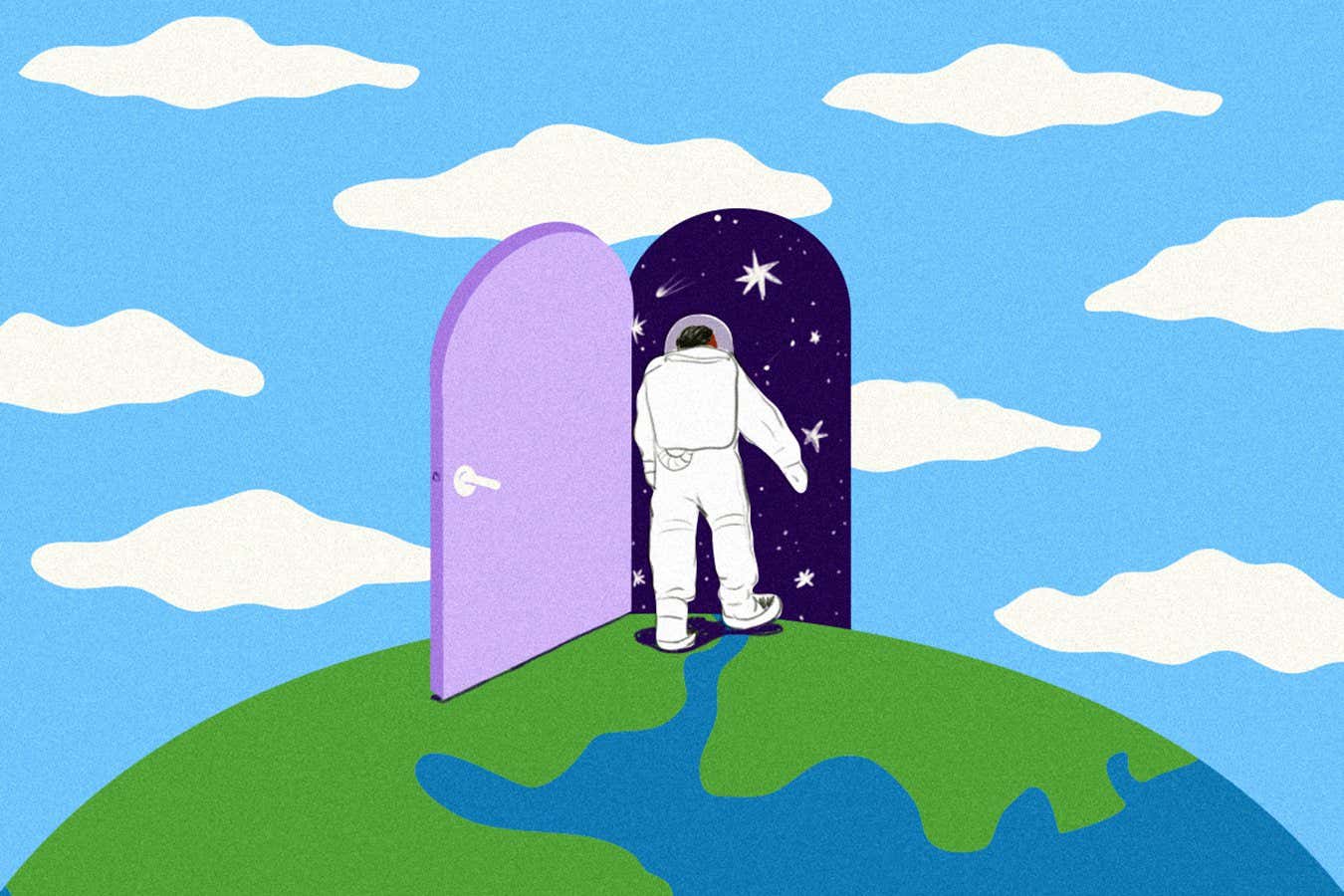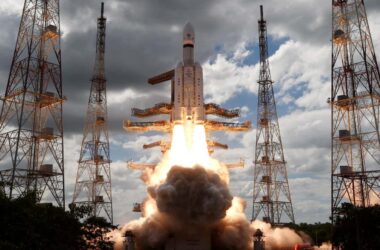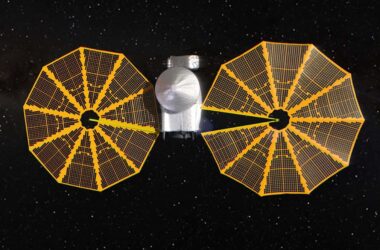NASA has recently named its first astronaut crew for a moon mission in over 50 years. This announcement highlights the promising advancements in rocket technology and the exciting opportunities that lie ahead in space exploration. However, there is one crucial question that needs to be addressed: are we prepared to tackle the challenges to human health that come with this new era of space travel?
As a cognitive neuroscientist specializing in the impact of non-terrestrial gravity on the human brain and behavior, I believe it is essential to discuss the potential risks associated with prolonged space missions.
When it comes to space travel, the analogy of a regular trip does not apply. The conditions and environment in space are vastly different from what we experience on Earth. The absence of gravity, exposure to cosmic radiation, and confinement in a spacecraft can all have profound effects on the human body and mind.
Impact on the Human Body
One of the primary concerns is the effect of microgravity on our musculoskeletal system. Extended periods of weightlessness can lead to muscle atrophy, bone loss, and cardiovascular deconditioning. Astronauts returning from space often require rehabilitation to regain their strength and mobility.
Additionally, the lack of gravity can affect the distribution of fluids in the body, leading to swollen faces, puffy eyes, and changes in vision. This phenomenon, known as “space face,” is a result of fluid shifting towards the head in the absence of gravity.
Impact on the Human Brain
Studies have shown that exposure to microgravity can also have an impact on the human brain. Changes in cerebral blood flow, alterations in brain structure, and difficulties in spatial orientation and balance have all been observed in astronauts during and after space missions.
Furthermore, the psychological impact of isolation and confinement in space can be challenging. Astronauts experience long periods away from family and friends, limited personal space, and a lack of privacy. These factors can contribute to feelings of loneliness, stress, and decreased overall well-being.
Preparing for the Challenges Ahead
To ensure the success and safety of future space missions, it is crucial to address these challenges head-on. Researchers are actively studying the effects of space travel on the human body and brain to develop countermeasures and preventative measures.
Exercise regimes, such as resistance training and aerobic exercise, are being implemented to mitigate muscle atrophy and bone loss. Protective shielding and radiation monitoring systems are being developed to reduce the impact of cosmic radiation on astronauts.
Psychological support systems, including virtual reality simulations and regular communication with loved ones on Earth, are being explored to help astronauts cope with the psychological challenges of space travel.
While space exploration holds great promise for scientific advancements and our understanding of the universe, we must prioritize the well-being and health of astronauts. By addressing and overcoming these hurdles, we can pave the way for a successful and sustainable era of space exploration.








